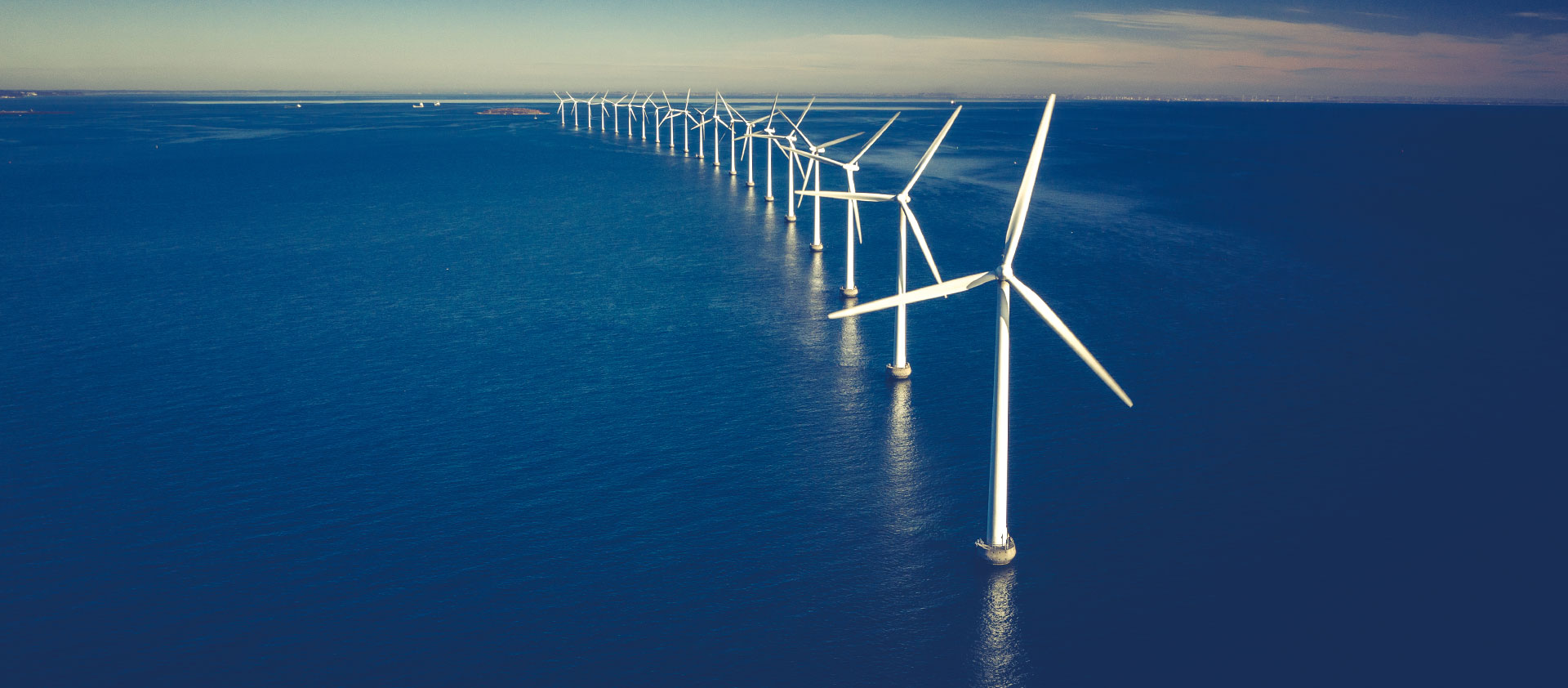Nuclear
AER AGL Aluminium Batteries Battery Budget BYD CATL CBAM China Coal Critical minerals Decarbonisation DMO Election Electric Vehicle Electricity/electrification Energy crisis Federal Election Finance Sector & Emissions gas Green Iron/Steel Hydrogen India & Adani Nuclear offshore wind Oil OP EDS Peter Dutton Podcasts Renewables Solar Tariff Taxes and subsidies US IRA/EU NZIA et al Wind
OP ED | Coalition’s nuclear split leaves Labor with zero excuses on climate and renewables
Renew Economy
OP ED | Nuclear dead, ambitious energy transformation mandate alive and well
Canberra Times
Stunning repudiation of nuclear frolic
The Energy
Australia lays out red carpet for rapid green energy transition. Can Labor seize the moment?
Renew Economy
The nuclear plan is way more expensive than Dutton says – here’s why
Fifth Estate
Most Australians believe wind turbines are not really green. This is what we found
The Sydney Morning Herald
INTERVIEW | True cost of nuclear power discussion on ABC Illawarra with Nick Rheinberger
ABC Illawarra
INTERVIEW | The real cost of nuclear on ausbiz
AusBiz
INTERVIEW | Tim on 2HD Newcastle radio station on underestimated nuclear power costs
2HD
Littleproud defends nuclear energy plan
ABC Radio National PM
INTERVIEW | Tim on Sydney radio station 2SM on the high costs of developing nuclear power plants
2SM Sydney Radio
PODCAST | Tim & Grant McDowell on Spark Club: Nuclear to cost Australian economy $4.3T
Spark Club Podcast
